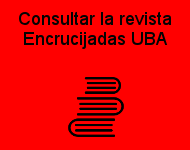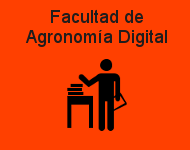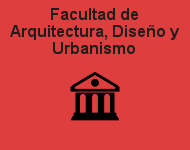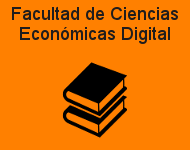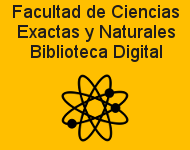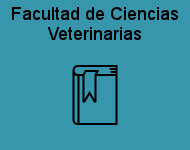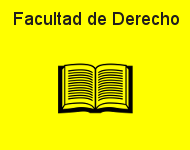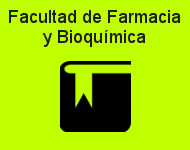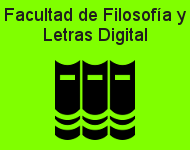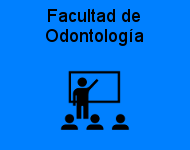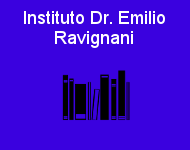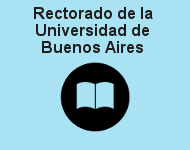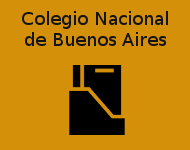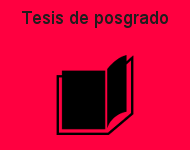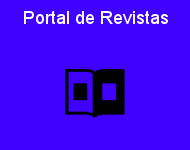En:
Limnologica 2011;41(4):371-381
Fecha:
2011
Formato:
application/pdf
Tipo de documento:
info:eu-repo/semantics/article
info:ar-repo/semantics/artículo
info:eu-repo/semantics/publishedVersion
info:ar-repo/semantics/artículo
info:eu-repo/semantics/publishedVersion
Descriptores:
Descripción:
We examined the zooplankton abundance and composition of Laguna Grande, a floodplain wetland of the Lower Paraná Basin (Argentina), during an extraordinary drought-flood cycle that affected both the environment and the biological conditions of the lake. Low waters were characterised by remarkably high conductivities and pH values, and high phytoplankton and bacterioplankton abundances with cyanobacterial blooms, while high waters showed opposite features. In relation to zooplankton, the mean abundances of all the taxonomic groups (rotifers, cladocerans, copepods, ciliates, and heterotrophic nanoflagellates) were slightly higher at low waters. Major changes were observed in the specific composition of metazooplankton: the euryhaline species assemblage that dominated in the dry warm period was replaced by several oligohaline littoral and planktonic species characteristic of the Paraná River Basin, when the water level rose. Mean species richness values at high waters doubled those of low waters and were directly correlated to water depth. Most of the rotifers of the genus Brachionus and the cladoceran Moina micrura switched from parthenogenetic to sexual reproduction during low waters, as a response to a harsh environment and crowding. We suggest that the main changes in the environmental conditions in this eutrophic floodplain lake are driven by the hydrology, which regulates the zooplankton succession. The herein described shifts in the zooplankton structure and dynamics of Laguna Grande over an extraordinary drought-flood cycle contribute to the understanding of the processes that might occur under the scenarios predicted by climate change models. © 2011 Elsevier GmbH.
Fil:Chaparro, G. Universidad de Buenos Aires. Facultad de Ciencias Exactas y Naturales; Argentina.
Fil:Schiaffino, M.R. Universidad de Buenos Aires. Facultad de Ciencias Exactas y Naturales; Argentina.
Fil:O'Farrell, I. Universidad de Buenos Aires. Facultad de Ciencias Exactas y Naturales; Argentina.
Fil:Chaparro, G. Universidad de Buenos Aires. Facultad de Ciencias Exactas y Naturales; Argentina.
Fil:Schiaffino, M.R. Universidad de Buenos Aires. Facultad de Ciencias Exactas y Naturales; Argentina.
Fil:O'Farrell, I. Universidad de Buenos Aires. Facultad de Ciencias Exactas y Naturales; Argentina.
Identificador(es):
Derechos:
info:eu-repo/semantics/openAccess
http://creativecommons.org/licenses/by/2.5/ar
http://creativecommons.org/licenses/by/2.5/ar
Descargar texto: paper_00759511_v41_n4_p371_Chaparro.oai  (tamaño kb)
(tamaño kb)
 (tamaño kb)
(tamaño kb) Cita bibliográfica:
Chaparro, G. (2011). Zooplankton succession during extraordinary drought-flood cycles: A case study in a South American floodplain lake (info:eu-repo/semantics/article). [consultado: ] Disponible en el Repositorio Digital Institucional de la Universidad de Buenos Aires: <http://repositoriouba.sisbi.uba.ar/gsdl/cgi-bin/library.cgi?a=d&c=artiaex&cl=CL1&d=paper_00759511_v41_n4_p371_Chaparro_oai>

